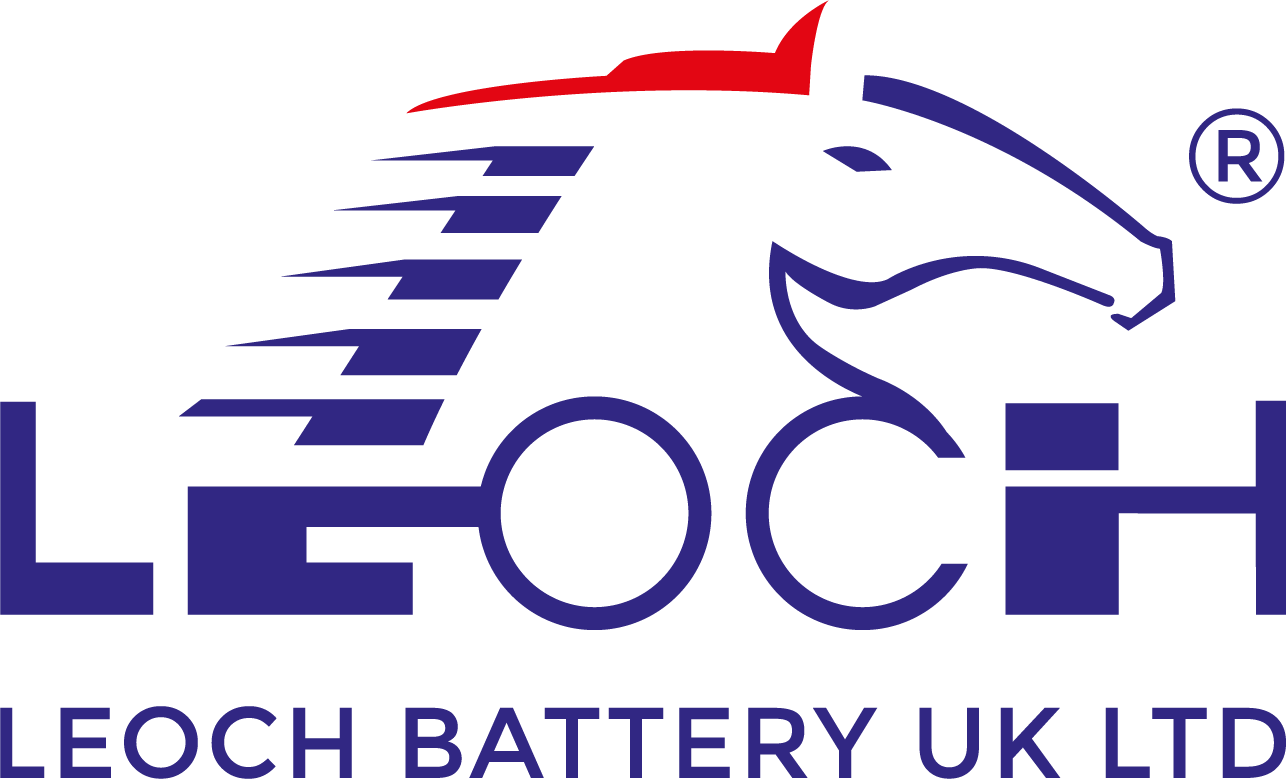

06/05/2022
Lithium batteries are used in a wide range of products and industries from boats to laptops!
There are many advantages to using lithium batteries, such as they are incredibly lightweight when compared to other batteries. They are also said to be more environmentally friendly than lead batteries.
But what is the truth and what are common misconceptions?
Our Technical Director Ilias (Louis) Patriarcheas gives the answers to your questions…
Are lithium batteries safe?
Lithium-ion batteries are safer to use now than they were years ago. Due to technology improvements and safety measures implemented in their management systems, lithium-ion batteries are now considered to be safer than some older battery technologies and are widely used as a source of power in many leisure and industrial applications.
Is the Battery Management System (BMS) in the lithium battery reliable?
Yes, the Mean Time Between Failure (MTBF) of the BMS used in lithium batteries is far bigger than the useful life of lithium cells. Besides the BMS, many manufacturers, including Leoch amongst them, also employ additional mechanical safety features in case a BMS failure occurs unexpectedly. This ensures the health and safety of the user and safeguards the equipment.
I have heard lithium batteries are more dangerous than lead-acid, is this true?
Industrial lithium-ion batteries are smart batteries. With their BMS it is now possible to prevent failures, whereas lead-acid batteries are passive elements that cannot protect themselves. Essentially, lithium batteries are now used in almost all everyday devices in households safely.
Should I change to Lithium? What are the benefits?
Lithium-ion batteries offer more volumetric energy density and can tolerate cyclic abuse far better than lead-acid batteries.
Lithium has the greatest electrochemical potential and provides the largest energy density for weight. The latest lithium-based batteries are up to 40 per cent lighter than their lead-acid equivalents, which means that not only do they offer high performance, durability and require minimal maintenance, but you can also easily remove your lithium-ion battery to recharge it, making it ideal for boats, caravans, mobility scooters, cleaning equipment and other similar applications.
As well as being lightweight, lithium-ion batteries are also longer-lasting and they charge faster, meaning less downtime for users. They are also the perfect green alternative to lead-acid batteries as their longer life span means that they generate less waste.
If we were to compare lead-acid batteries with lithium-ion ones, as a user, you could achieve longer autonomy, less mechanical stress with all the benefits arising from this fact, and far more charge-discharge cycles. Lithium-ion batteries can also tolerate better higher operational temperatures with not the same impact as lead-acid batteries in their useful life or cyclic abilities.
What fire suppression system is recommended with Lithium?
Lithium-ion batteries are considered a Class B fire, so a standard ABC or dry chemical fire extinguisher should be used.
Do lithium batteries require cooling?
The lithium-ion battery process efficiency is higher than other technologies, which is translated in less thermal losses when the battery is being used. All batteries need to operate within their operational temperature range, and this is more dependent on the installation site rather than the batteries themselves. Leoch batteries, as an example, are passively cooled batteries requiring no active cooling system, as long as their ambient temperature is within the pre-defined limits. Free-cooling or natural dissipation of heat allowance is all that is needed.
Which technology is environmentally friendlier?
Currently, lead-acid batteries are recyclable in their totality which means that they leave no waste footprint whereas lithium-ion batteries do produce e-waste (BMS boards or other subcomponents). The industry is working towards full recyclability of lithium-ion batteries so eventually it is expected for both technologies to produce minimal or near-zero waste footprint on the planet.
How long can my system run on the backup power supplied by your batteries?
Depends on the load you will place and the battery you’ll choose. Leoch engineers will be happy to calculate the autonomy of a system based on the power consumption it requires and has advanced online calculation tools for users to be able to calculate system autonomies.
What is a UPS?
An uninterruptible power supply or uninterruptible power source (UPS) is an electrical apparatus that provides emergency power to a load when the input power source or mains power fails. A UPS differs from an auxiliary or emergency power system or standby generator in that it will provide near-instantaneous protection from input power interruptions, by supplying energy stored in batteries, supercapacitors or flywheels. The on-battery run-time of most uninterruptible power sources is relatively short (only a few minutes) but sufficient to start a standby power source or properly shut down the protected equipment.
Are you able to provide large capacity BESS systems?
Battery Energy Storage Systems (BESS) allow excess generation to be stored when demand is low and used later, rather than that electricity being wasted. It depends on the power requirements and parameters of usage but in general yes, Leoch can provide these.
For more information on our range of lithium batteries and the benefits, contact our team at 01858 433 330 or email sales.uk@leoch.com. You can also read our previous posts on lithium batteries.